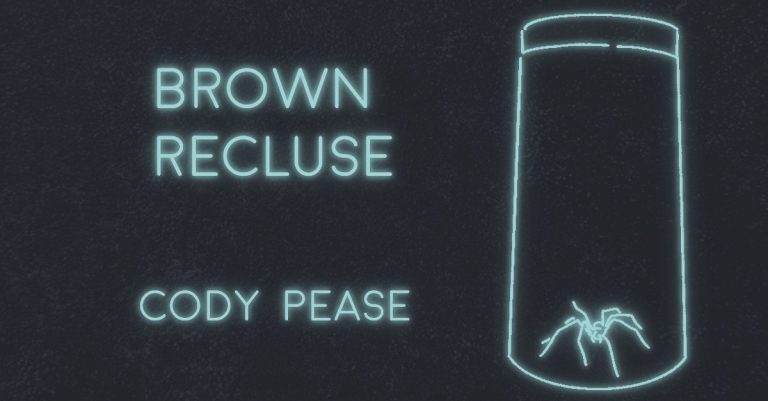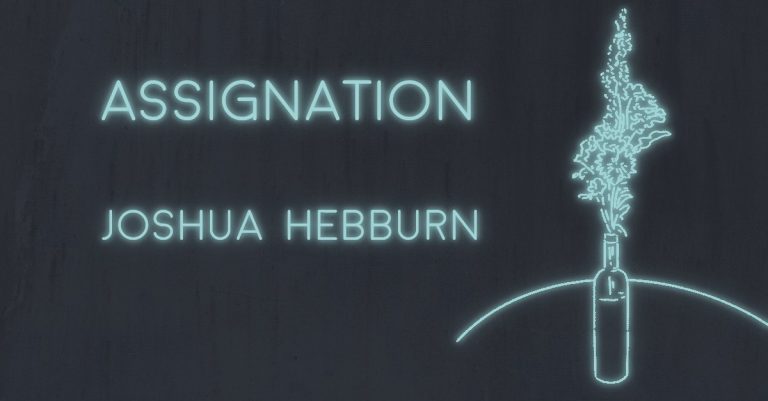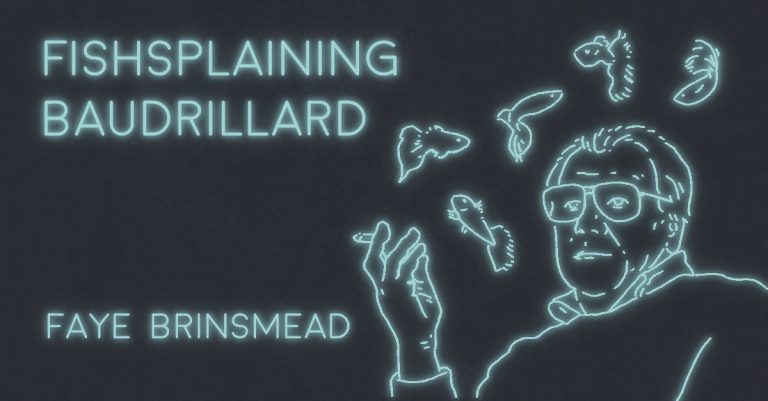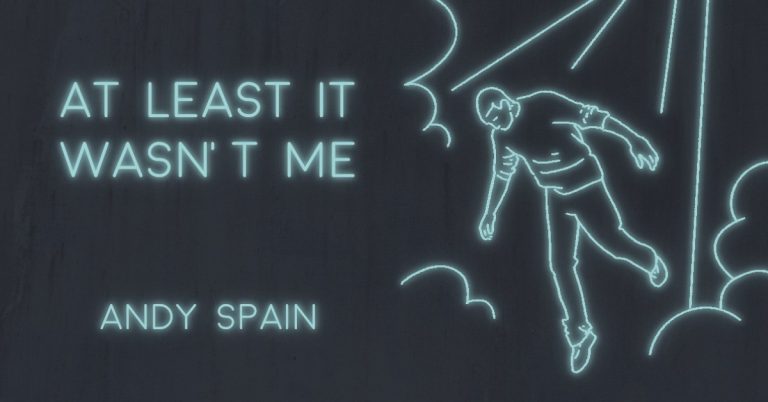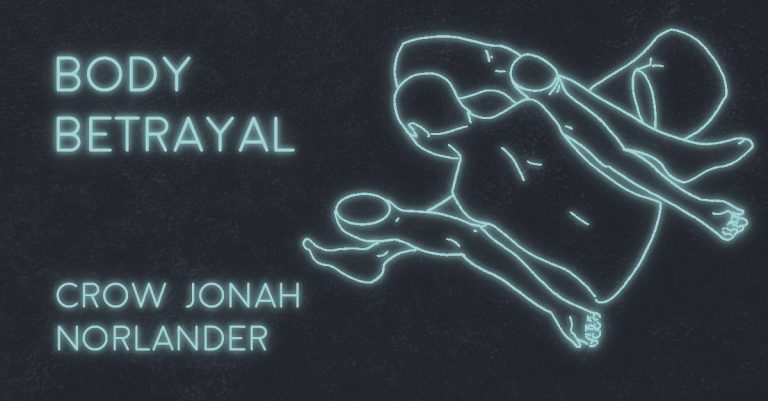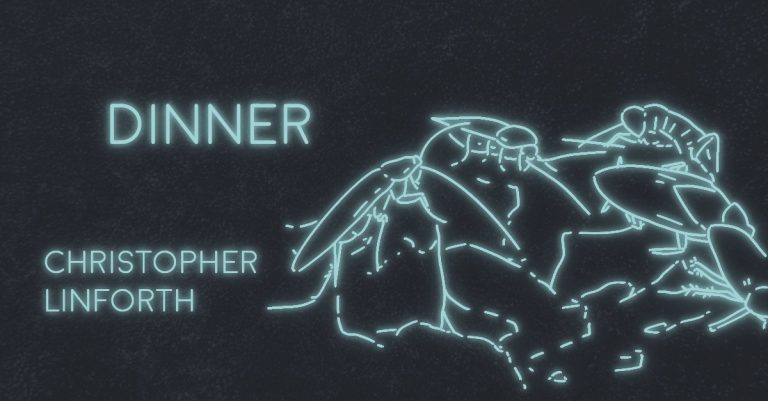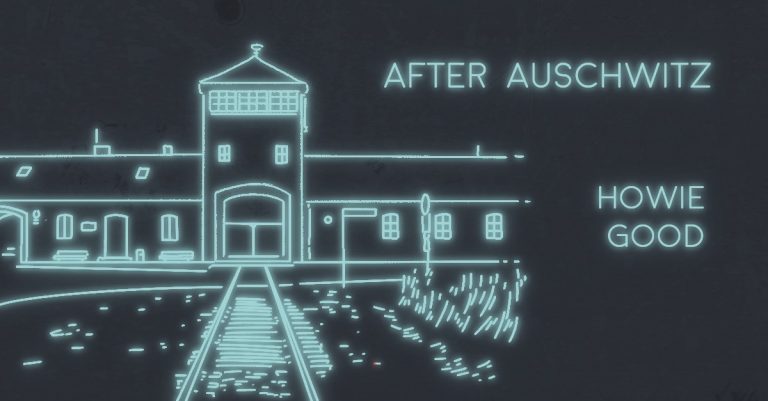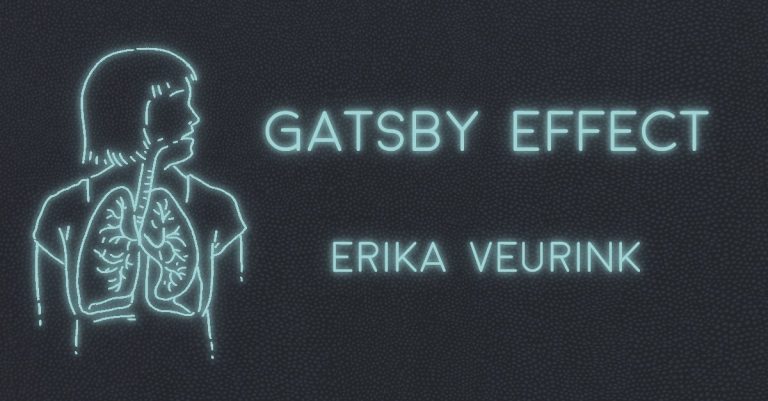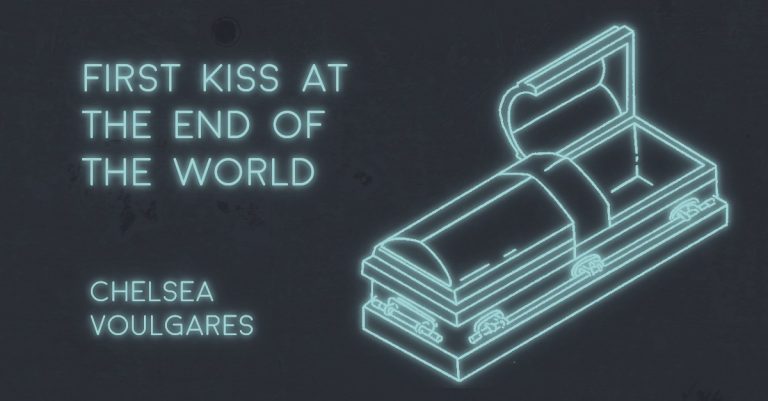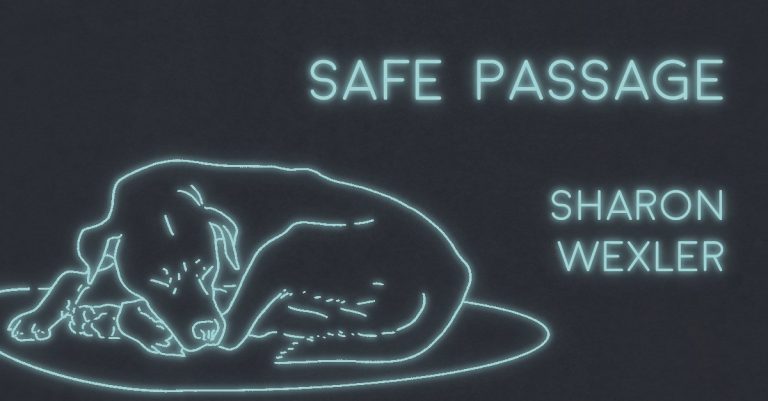
SAFE PASSAGE by Sharon Dale Wexler
Even though I know where the missing part of the toy gun is, I won’t tell. They haven’t asked. They ask each other but not me. Even if I tell them it’s under the kitchen table, that won’t be the end of it; they won’t settle down and sit at the table for the meal. The dog smells like a boy on a camping trip. The breeder promised to deliver at three. Safe passage. Once inside, right away, the dog squatted on the floor. The boy was only here every other weekend and, therefore, never showered. At first, the dog

